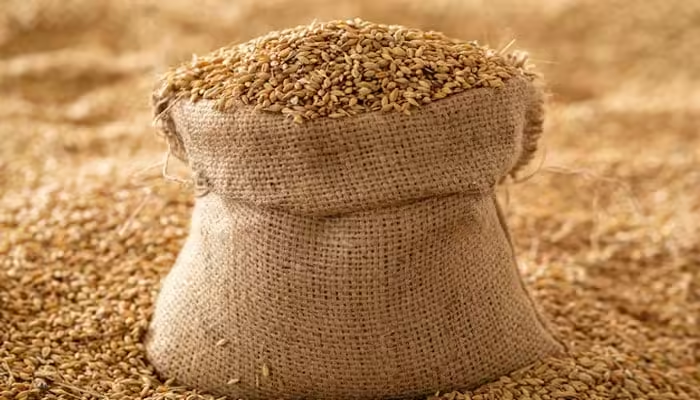The Ministry of Commerce has officially announced a ban on the import and export of wheat, a significant move aimed at stabilizing the domestic market. This decision comes amid rising concerns over food security and price stability within the country. The Ministry has issued a notification detailing the amendments to the Import Policy Order and the Export Policy Order to enforce this ban.
Notification of the Ban
According to the Ministry of Commerce, both the import and export of wheat have been prohibited effective immediately. This includes not only raw wheat but also wheat products such as flour, semolina, and other derivatives. The notification underscores the government’s intent to control the supply and demand dynamics within the domestic market to ensure food security for its citizens.
Amendments to Policy Orders
The Import Policy Order and the Export Policy Order have been amended to reflect these new restrictions. These amendments are crucial for enforcing the ban and ensuring compliance across all sectors involved in the wheat trade.
Import Policy Order Amendment:
- The government has revised the Import Policy Order to prohibit the import of wheat. This amendment aims to curb the inflow of wheat from international markets, thus reducing the dependency on foreign wheat and encouraging the consumption of locally produced wheat.
Export Policy Order Amendment:
- Similarly, the Export Policy Order has been amended to ban the export of wheat and its products. This measure is intended to preserve domestic wheat stocks and prevent shortages that could lead to price hikes and food insecurity.
Reasons Behind the Ban
Several factors have contributed to the government’s decision to ban the import and export of wheat:
- Food Security:
- Ensuring a stable supply of wheat is crucial for food security in Pakistan. By banning exports, the government aims to retain enough wheat within the country to meet domestic consumption needs.
- Price Stability:
- Fluctuations in wheat prices can have a significant impact on the cost of living. By controlling the import and export of wheat, the government hopes to stabilize prices and make wheat products more affordable for the general population.
- Support for Local Farmers:
- Encouraging the consumption of locally produced wheat helps support Pakistani farmers. The ban on imports reduces competition from foreign wheat, potentially increasing demand for domestic wheat and benefiting local agriculture.
- Economic Considerations:
- Importing wheat involves substantial foreign exchange expenditure. By restricting imports, the government can save foreign currency reserves and focus on bolstering the national economy.
Implications of the Ban
The ban on wheat import and export will have widespread implications for various stakeholders, including farmers, consumers, and businesses involved in the wheat supply chain.
For Farmers:
- Local wheat producers are likely to see an increase in demand for their crops. This could lead to better prices and improved income for farmers. However, they will also need to ensure that the quality and quantity of wheat produced meet domestic needs.
For Consumers:
- The ban is expected to stabilize wheat prices, making wheat products more affordable for consumers. This is particularly important for lower-income households that rely heavily on wheat as a staple food.
For Businesses:
- Businesses involved in the wheat supply chain, including milling companies and food manufacturers, will need to adjust to the new regulations. Importers will no longer be able to source wheat from international markets, while exporters will have to focus on the domestic market.
For the Economy:
- The ban could have a positive impact on the economy by reducing the outflow of foreign currency and promoting self-sufficiency in wheat production. However, it will also require careful monitoring and management to ensure that domestic production can meet the increased demand.
The Ministry of Commerce’s decision to ban the import and export of wheat is a significant step aimed at ensuring food security and price stability in Pakistan. By amending the Import Policy Order and the Export Policy Order, the government seeks to control the wheat supply within the country, support local farmers, and stabilize the market.
While the ban presents challenges, particularly for businesses involved in international trade, it also offers opportunities for local producers and has the potential to benefit the broader economy. As the government implements these new regulations, close monitoring and adaptive measures will be essential to ensure that the objectives of food security and price stability are achieved.



